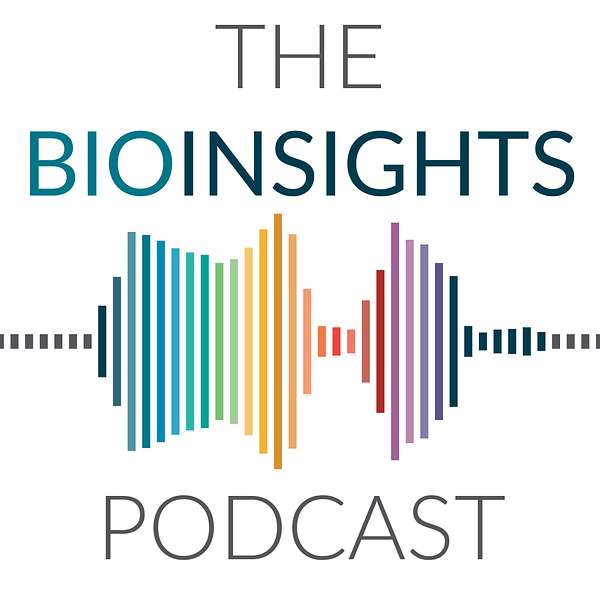
The BioInsights Podcast
The BioInsights Podcast: discussing the challenges of translating novel biologics from bench to clinic to market.
The BioInsights Podcast
A deep dive in to generative AI applications in I-O
•
BioInsights
•
Season 3
•
Episode 5
Lauren Coyle, Commissioning Editor, Immuno-Oncology Insights, speaks with André Freitas, Senior Lecturer (University of Manchester) and Research Group Leader (Idiap Research Institute/National Biomarker Centre), about the intersection of generative AI and experimental cancer treatments, with a focus on clinical trials, regulatory considerations, and leveraging emerging technologies for a transformative impact in I-O.
Can you explain the concept of generative AI and how this differs from other types of machine learning?
How can generative AI be employed to enhance the analysis of diverse data sets, specifically in the I-O space?
What are other potential applications of generative AI in the context of experimental cancer medicine?
Further to that, can you discuss the role of generative AI in optimizing and personalizing treatment strategies for cancer patients participating in clinical trials?
What considerations should be taken when developing generative AI models in the context of I-O?
Following this, what challenges have arisen so far, and how should these be addressed moving forward?
What regulatory challenges and considerations should be considered when implementing generative AI?
Lastly, what do you see as the future trends and advancements in generative AI for supporting experimental cancer medicine? What emerging technologies could contribute to this?